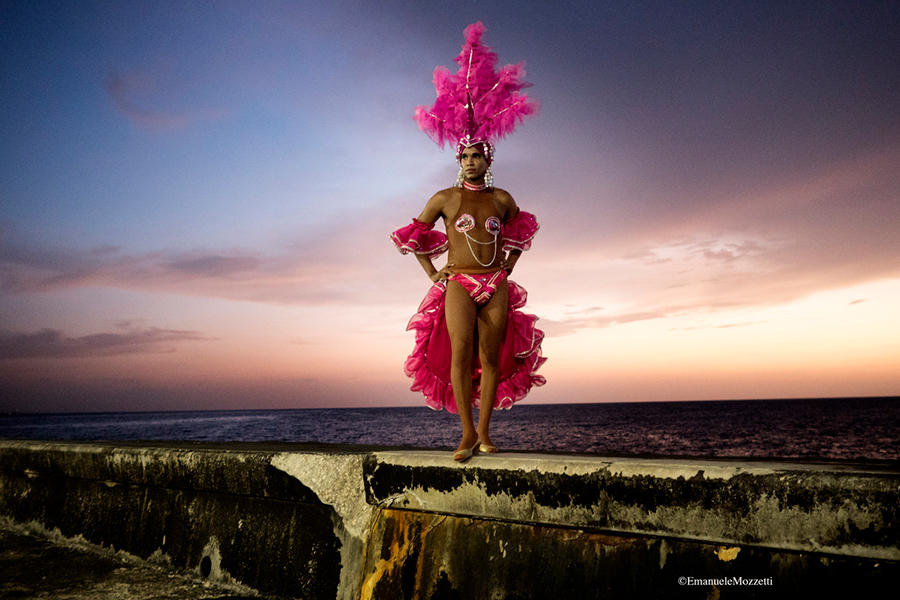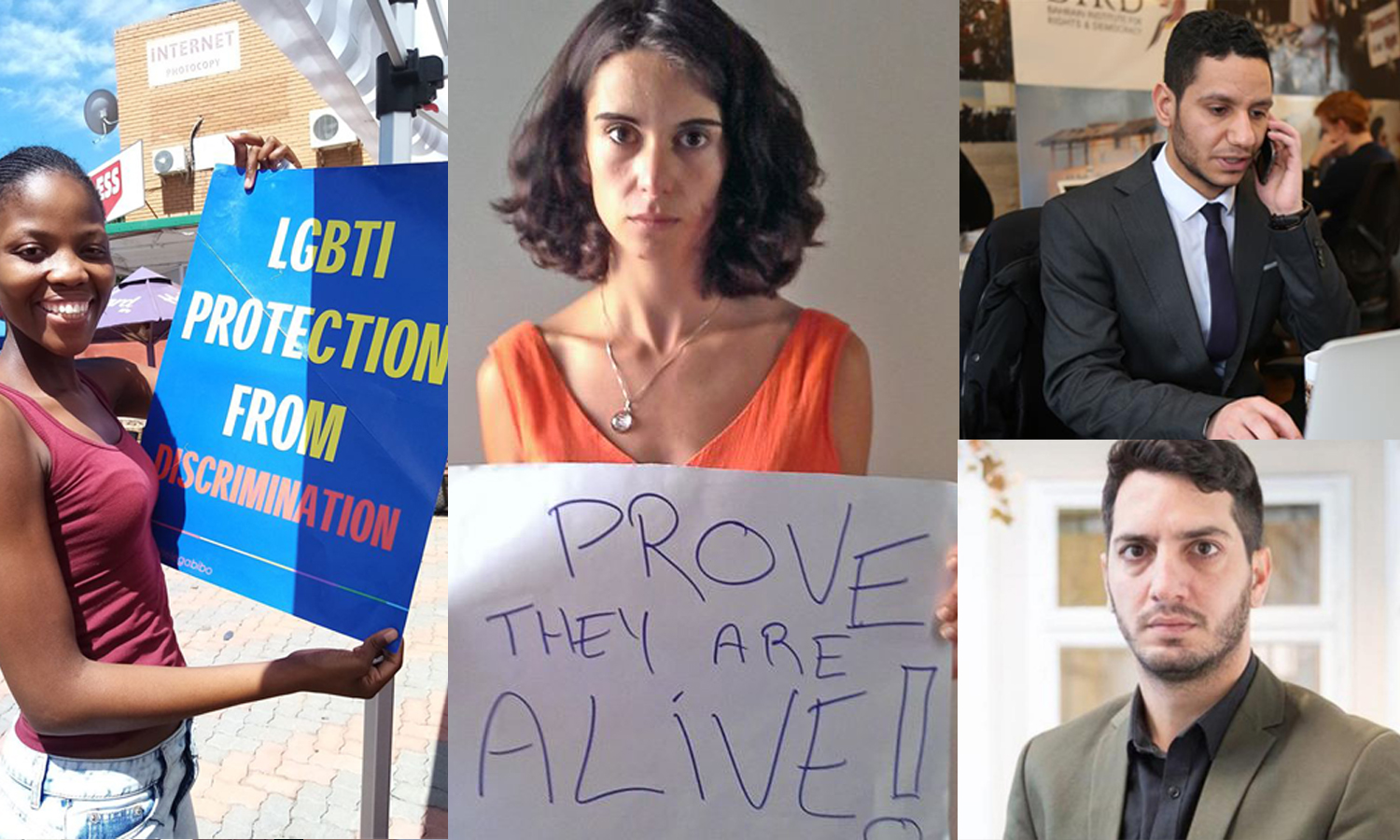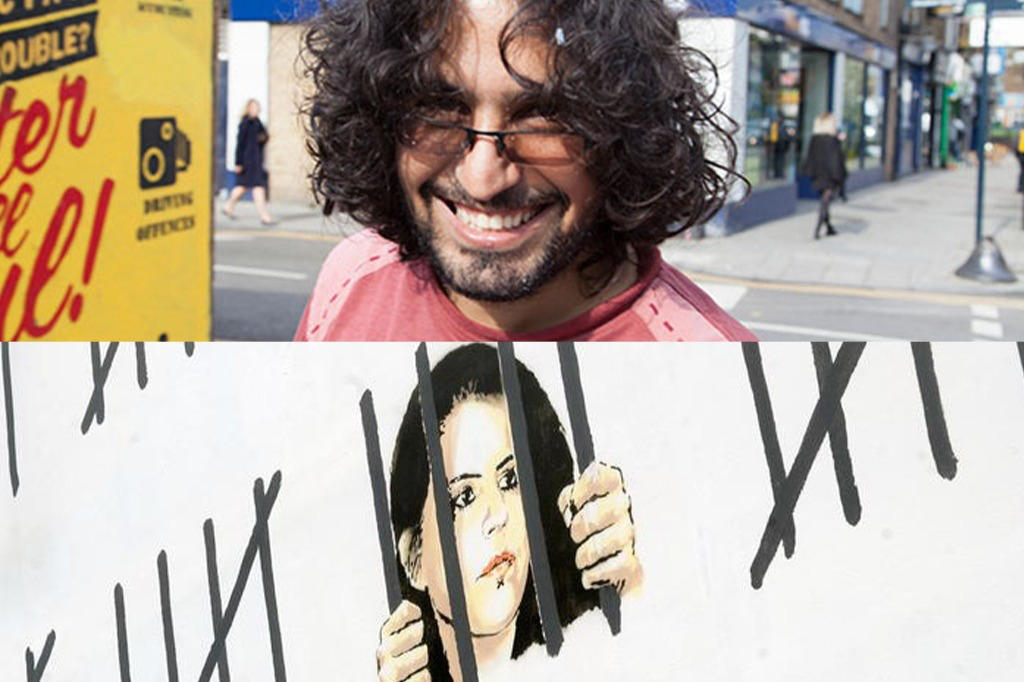GLOBAL
Journalists in exile 2013
Fifty-five journalists fled their homes in the past year with help from the Committee to Protect Journalists. The most common reason to go into exile was the threat of violence, such as in Somalia and Syria, two of the most deadly countries in the world for the profession. Others fled the threat of prison, especially in Iran, where the government deepened its crackdown ahead of elections. A CPJ special report by Nicole Schilit
(Committee to Protect Journalists)
AZERBAIJAN
Azerbaijan’s Government Must Lift Travel Ban on Mehman Huseynov
A travel ban on a prominent Azerbaijani photo and video journalist imposed just before he planned to travel to receive a prestigious human rights prize, must be lifted immediately, Institute for Reporters’ Freedom and Safety (IRFS) said.
(Institute for Reporters’ Freedom and Safety)
BRAZIL
What Brazil’s Protests Say About Latin America’s Fumbling Elites
It’s a delusion harbored by the ruling classes the world over, but especially in Latin America. It’s the bogus belief that even if people get richer, they don’t get smarter.
(Time)
CHILE
RWB urges Chile to enact new media laws
Reporters Without Borders today submitted recommendations on Chile to the UN Human Rights Council (see document below), which is due to discuss the country during the 18th Universal Periodic Review in January and February 2014, shortly after the November presidential election. This process consists of a review of human rights achievements by UN member countries and, if necessary, a reminder of their responsibilities in this area.
(Reporters Without Borders)
CHINA
Surveillance and censorship in China
For about two weeks now, a warning flashes consistently when I open my Gmail account. It warns me that – for no reason apparent to me at least – “state-sponsored” attackers could be targeting my computer or my email account and that I should take steps to protect them.
(Hindustan Times)
ECUADOR
Ecuador’s new media regulations stoke controversy
Proposed laws will not calm President Correa’s stormy relationship with the press, says Padraig Reidy
(Index on Censorship)
IRELAND
Shatter novel prompts censorship reform
Minister for Justice made decision to avert possible conflict of interest, after complaints novel was ‘obscene’ and advocated abortion
(Irish Times)
LATIN AMERICA
Censorship a major tool for Latin American dictators
The manual for the perfect Latin American dictator has always had a full chapter of media censorship. Silencing the press is a crucial first step towards eliminating freedom of expression and democracy.
(Sun Sentinel)
PAKISTAN
Pakistan uses Canadian company Netsweeper to monitor, censor Internet: Study
A Toronto research group has found evidence that a Canadian firm is providing Internet surveillance and censorship technology to Pakistan.
(Toronto Star)
RUSSIA
Russian Opposition Figures Charged with Plotting Mass Riots
Russian prosecutors have charged opposition activists Sergei Udaltsov and Leonid Razvozzhayev with plotting mass riots during a demonstration in Moscow last May, their lawyers said on Wednesday.
(Ria Novosti)
SRI LANKA
Rights groups criticize proposed media code in Sri Lanka, saying it threatens free speech
Rights groups are criticizing a code of media ethics proposed by Sri Lanka’s government, saying Wednesday that the code could have a chilling effect on free speech in the Indian Ocean island nation.
(Washington Post)
TURKEY
Turkey in Turmoil
Prime Minister Recep Tayyip Erdogan had many opportunities over the last three weeks to resolve the political crisis in Turkey peacefully and quickly. However, with almost every statement and directive he has made the situation worse, increasing concerns at home and abroad over his authoritarian tendencies and Turkey’s future as a democratic model in the Muslim world.
(The New York Times)
Turkey’s ‘standing man’ to join ranks of history’s iconic symbols of human drama?
The image was stark: a silent, solitary figure standing in passive defiance to the Turkish prime minister’s demand for protesters to clear Taksim Square in central Istanbul.
(Washington Post)
UNITED KINGDOM
Just what is family-friendly Wi-Fi?
Web filtering is not as simple as it sounds, says Brian Pellot
(Index on Censorship)
UNITED STATES
CSU-Fresno student appeals dismissal of censorship lawsuit
A college student who filed a First Amendment complaint in January is appealing a district court ruling because he believes his complaint was unjustly dismissed.
(Student Press Law Center)
Debate Over Guns, Morse Recall Mired in Cyber Censorship
The Colorado Secretary of State announced this week that 10,137 of the more than 16,000 signatures collected in a petition to recall State Senator John Morse are valid and sufficient to potentially qualify for the first-ever recall election in Colorado history.
(The Colorado Independent)
Loudness and liberty: When free speech is shouted down
So how “free” is free speech, really? By law, under the First Amendment, speech is very free. Government can only stop us from speaking, or punish us for what we’ve said, under very limited circumstances.
(Baxter Bulletin)
Free speech and loathing in Tennessee
More than a month ago, Barry West, a county commissioner in a rural stretch of middle Tennessee, posted a Facebook image of a man closing one eye as he aimed a shotgun. His caption read: ‘HOW TO WINK AT A MUSLIM.’
(Spiked)
What Your Cell Phone Data Actually Looks Like—and How It Might Be Used Against You
David Simon, the creator of HBO’s epic series The Wire, has weighed in on the recent disclosure that the National Security Agency has been combing through our cell phone records as part of its anti-terrorism efforts. It’s an interesting read, particularly coming from the guy who wrote such interesting stories (presumably based on what he saw as a crime reporter for the Baltimore Sun) about police surveillance. Basically, his take is that using broad swathes of cell phone data (numbers dialed, minutes used, locations, etc.) is not particularly invasive, is perfectly legal, and has been a regular tool of law enforcement since well before 9/11.
(Index on Censorship)
All Out: Downloading is a choice
Gay rights campaigners should be wary of calling for censorship of a “sexual purity” app, says Sean Gallagher
(Index on Censorship)
VENEZUELA
Venezuelan court stops judge from using social media
On June 15, 2013, Marilda Ríos, head judge at a Caracas court, issued a precautionary measure prohibiting María Lourdes Afiuni (a judge who was jailed pending a criminal suit) from speaking to the national and international media and expressing herself on social media. This prohibition was issued within the framework of the decision of granting her parole on account of health difficulties.
(Instituto Prensa y Sociedad de Venezuela via IFEX)
Previous Free Expression in the News posts
June 19 | June 18 | June 17 | June 14 | June 13 | June 12 | June 11





